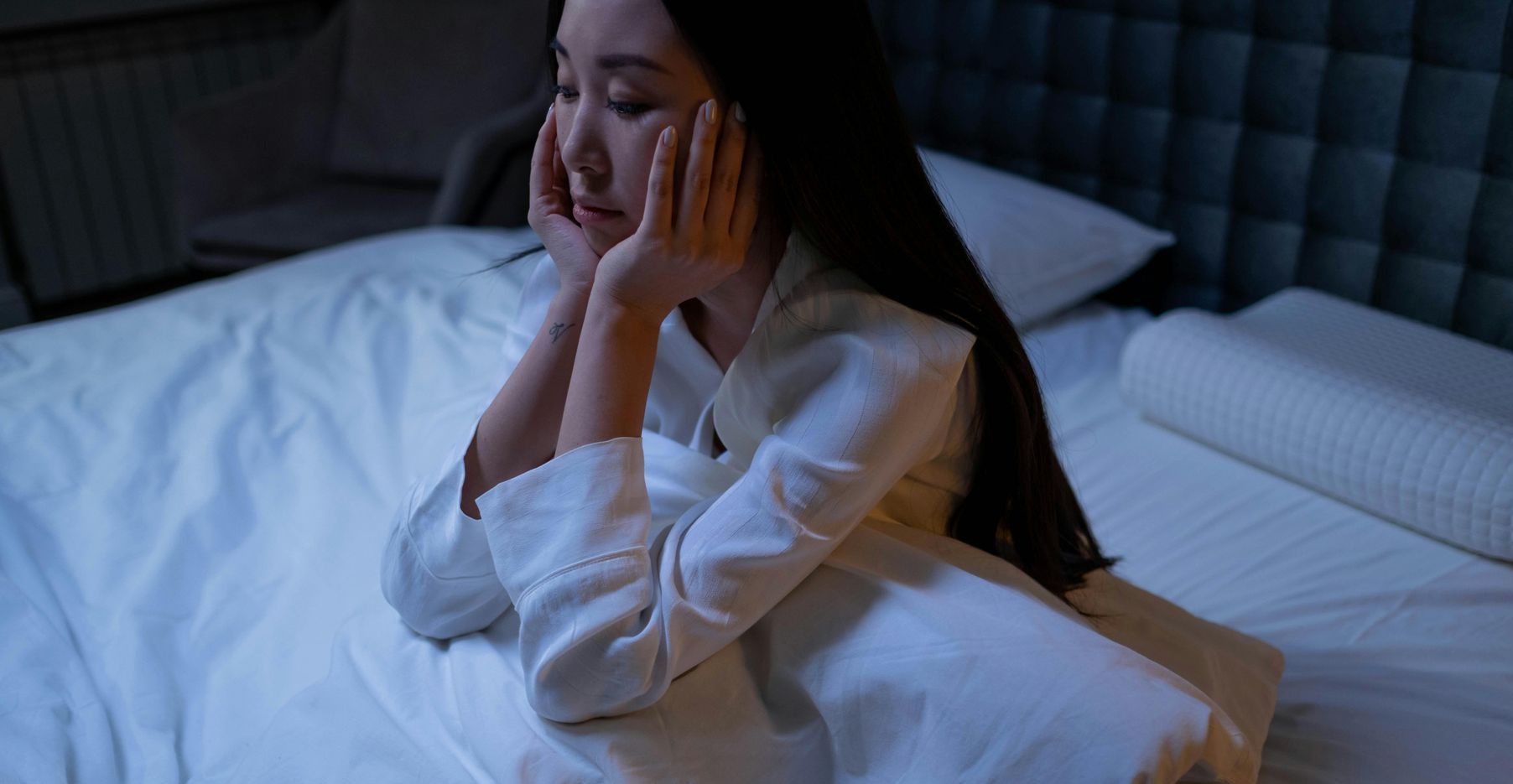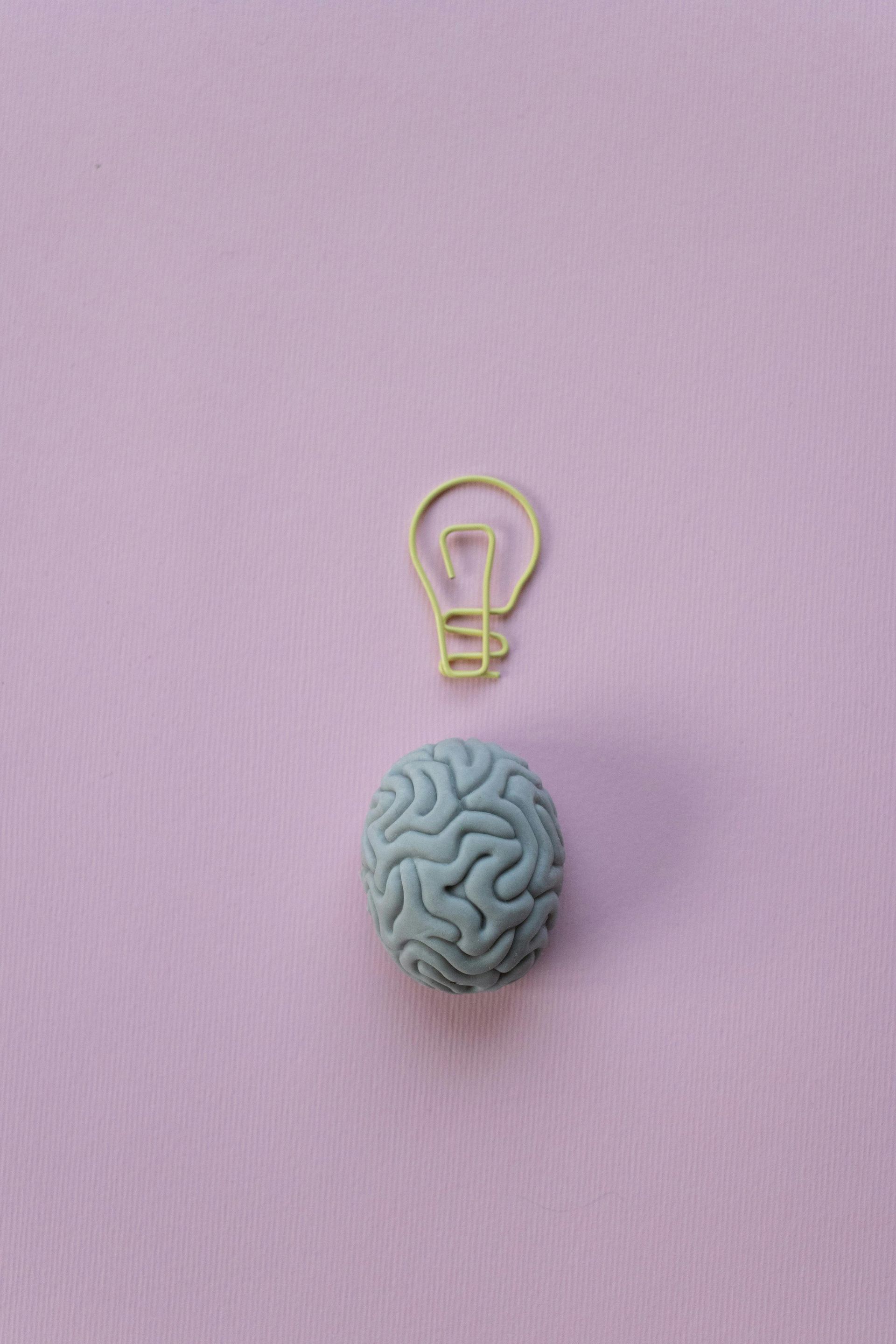5 Insomnia Remedies That Actually Work
Sleepless Nights No More
You’re exhausted. You’ve counted more sheep than there are in New Zealand. The clock glows 3:17 a.m. and your mind is still running sprints. Sound familiar? You’re not alone—insomnia affects millions worldwide, and it’s more than just an annoyance. Chronic sleeplessness can wreak havoc on your mental and physical health.
But here’s the good news: insomnia is highly treatable. Whether you're struggling to fall asleep, stay asleep, or wake up feeling refreshed, there are strategies—both simple and science-based—that can help you reclaim your nights.
Understanding Insomnia
Insomnia isn’t just the inability to sleep. It’s a disorder marked by persistent trouble with sleep despite having the opportunity to rest. It can be acute (short-term, often caused by stress or a life event) or chronic (lasting three nights a week or more for at least three months).
Common causes include:
- Stress and anxiety
- Poor sleep habits (like irregular sleep schedules or excessive screen time)
- Caffeine or alcohol use
- Medical conditions or medications
- Hormonal changes
Identifying the cause is the first step toward a solution.
Cognitive Behavioral Therapy for Insomnia (CBT-I)
CBT-I is the most effective long-term treatment for chronic insomnia. Unlike sleeping pills, which treat symptoms, CBT-I addresses the underlying thought patterns and behaviors that fuel insomnia.
What it involves:
- Cognitive restructuring: Replacing anxious sleep thoughts (“I’ll never fall asleep”) with healthier ones (“I can rest even if I’m not sleeping”).
- Sleep restriction: Limiting time in bed to rebuild strong sleep associations.
- Stimulus control: Re-teaching your brain that bed = sleep.
You can work with a sleep therapist or try a CBT-I app or a CBT-i Coach.
Optimize Your Sleep Environment
Think of your bedroom as a cave: cool, dark, and quiet.
- Temperature: Ideal is 60–67°F (15–19°C)
- Lighting: Block out light with blackout curtains or a sleep mask
- Sound: Try white noise, earplugs, or a fan
- Mattress & pillow: Invest in comfort—your back will thank you
Power Down Before Bed
Screens emit blue light, which tricks your brain into thinking it’s still daytime. Set a “digital sunset” an hour before bed and opt for calming rituals instead:
- Reading
- Use Blue & Green light blocking glasses
- Gentle stretches or yoga
- Journaling or gratitude practice
If your mind won’t shut up, try a guided meditation app like Calm or Insight Time
Be Smart With Food, Caffeine, and Alcohol
- Caffeine: Cut off coffee by 2 p.m.—it can linger in your system for up to 10 hours
- Alcohol: It may knock you out initially, but disrupts sleep cycles later
- Heavy meals: Avoid large or spicy dinners close to bedtime unless your blood sugar is low
If you're hungry before bed, opt for a light snack.
My Personal Recommendations
- Use Blue & Green light blocking glasses for one hour before bed
- Take Glycine & Magnesium
- Wind down by reading or listening to an audio book
- Stick to a sleep schedule even on the weekends
When to Seek Help
If you’ve tried everything and you’re still lying awake night after night, talk to a healthcare provider or sleep specialist. Sometimes insomnia is a symptom of an underlying condition like depression, anxiety or sleep apnea.
Final Thoughts
If you're struggling or looking to optimize your sleep. Make to check out my store page to shop the best guides, to guide you on your wellness journey. Treating insomnia isn’t about “trying harder” to sleep—it’s about creating the right conditions for sleep to come. With the right tools, you can break the cycle of sleeplessness and rediscover what it feels like to wake up truly rested.












